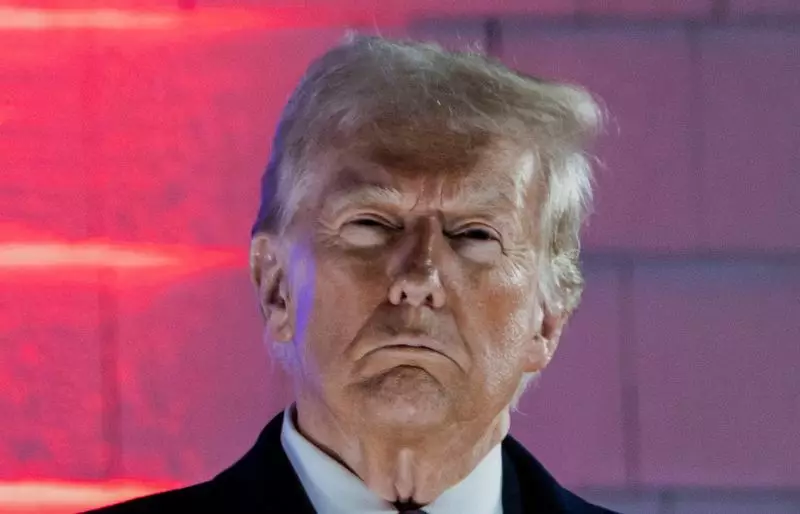Donald Trump’s ascension to the presidency sent tremors through the global economic landscape, igniting concerns about a fiery trade conflict with China. Many anticipated an immediate barrage of tariffs and aggressive economic posturing from the new administration. However, a surprising twist unfolded: the Trump administration adopted a surprisingly restrained approach, which, while leaving the doors of opportunity ajar, also revealed the precariousness of America’s position in the international arena. This delicate balancing act may resemble a game of high-stakes poker where both parties are unwilling to show their hands and risk everything.
While it is commendable that Trump opted not to initiate a wide-scale economic emergency or extreme tariffs at the outset, the decision stems from a much deeper strategic calculation. Rather than merely a knee-jerk reaction, Trump’s reserve reflects an acute awareness that the nation’s economy is inextricably linked to that of China. This reliance creates a complex web of consequences where unilateral actions could backfire, leading to significant economic repercussions that might rattle even the most steadfast supporters of his agenda.
The Economic Underbelly: Fentanyl and Beyond
The mention of cooperation between the U.S. and China, particularly regarding the fentanyl crisis, illustrates a troubling irony. On one hand, we face an opioid epidemic that devastates communities, while on the other, the potential of using economic negotiations as a remedy suggests a misguided approach to governance. Instead of viewing trade as merely transactional, it would benefit both nations to acknowledge the human cost woven into their commercial dealings. The paltry $2.8 billion in chemical exports to Mexico and Canada contrasts sharply with the monumental challenge of battling a public health catastrophe.
Moreover, the TikTok debate exemplifies another area where economic ties intertwine with cultural tensions. While negotiations surrounding these issues may seem innocuous, they may ultimately serve to underline a growing entrenchment that could foster even deeper divides. Consequently, reliance on diplomatic finesse to mitigate these problems could backfire, inadvertently escalating conflict instead of diffusing it.
The Perils of False Security
However, let’s not be deluded into thinking that this current state affirms a long-term resolution to the trade dilemma. China’s relative detachment from the U.S. market reveals its waning dependence on American suppliers. As nonchalant as Trump’s approach may seem, it remains overshadowed by looming risks, such as possible retaliatory measures from China should they feel cornered. The room for cooperation might narrow to nothing if the U.S. persists in an antagonistic posture beyond mere tariff discussions.
The narrative dictating the relationship between these two superpowers is chillingly simple—China’s willingness to impose export controls or targeted tariffs could present a formidable challenge to American multinational corporations, exposing them to severe repercussions. Economic sanctions could ignite a spiral of retaliatory trade measures leading to a full-blown economic standoff.
While the current state of affairs may reflect a momentary reprieve from the expectation of rapid escalation into a trade war, one cannot overlook the sobering implications of an outlook that simply wishes away the prevailing tensions. Economic peace may be tenuous, grounded as it is in the intricacies of negotiations. The state of U.S.-China relations remains as complex and fraught with potential conflict as ever, revealing the fundamental instability underpinning any seemingly amicable developments. Diplomacy may be the order of the day, but true resolution requires confronting the underlying issues that threaten to unravel the fabric of cooperation.

